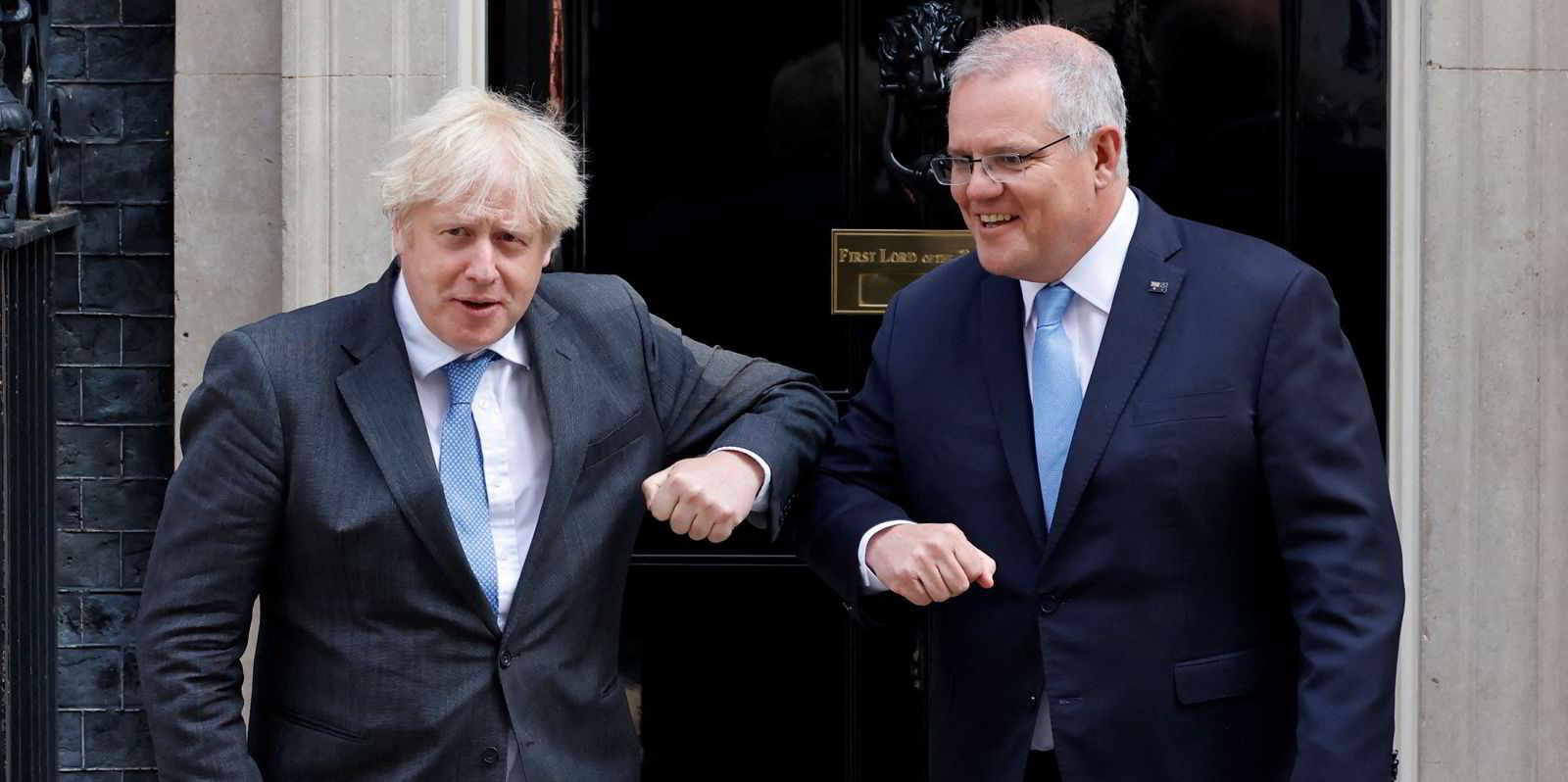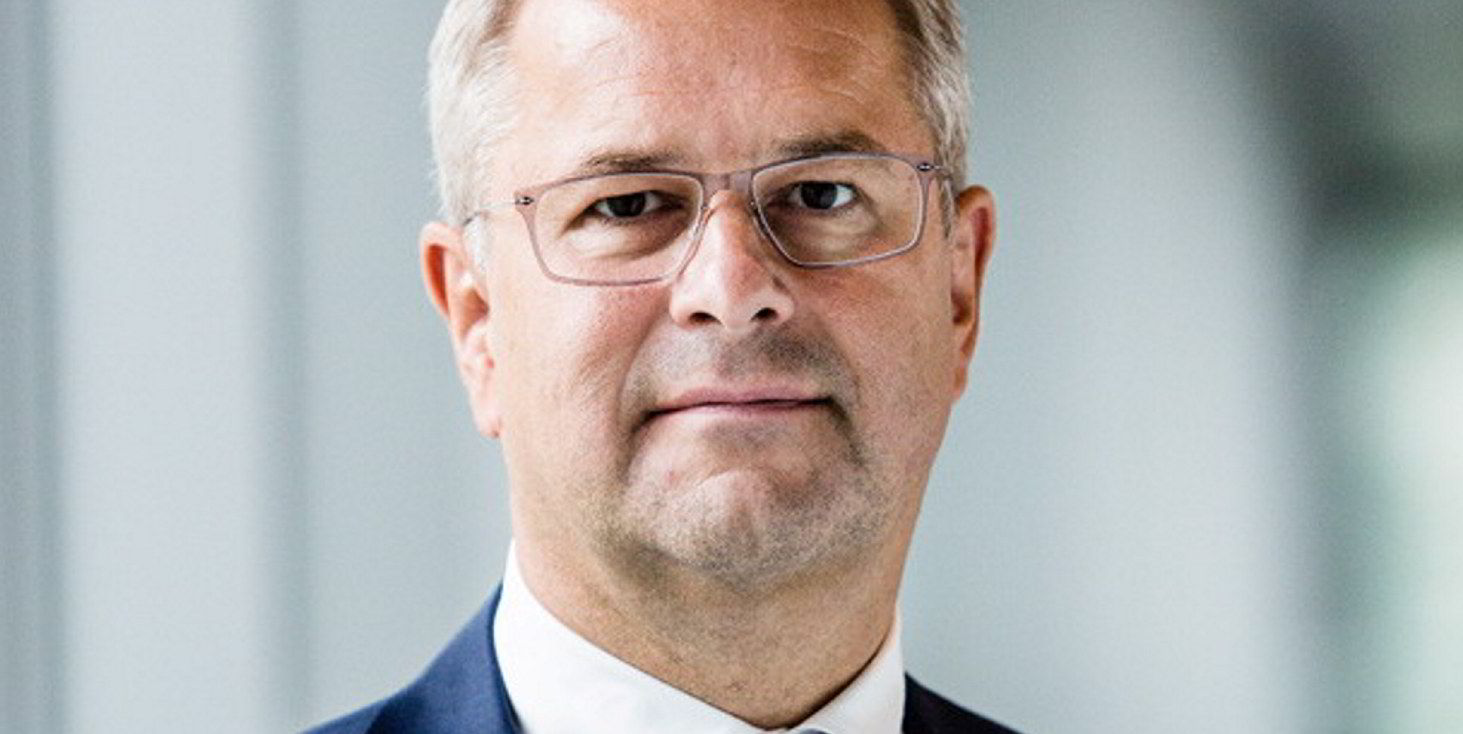The UK hailed the “greenest ever” London International Shipping Week (LISW) but a tweet from Copenhagen stole the limelight for me.
AP Moller-Maersk called on the International Maritime Organization to set a date on phasing out fossil fuel-powered engines in a move that should open a new chapter in the climate debate.
Soren Skou is only one individual but an important one who has just committed $1.4bn to be spent on methanol-ready container tonnage.
Meanwhile, UK transport secretary Grant Shapps’ lame call for a zero-carbon target for international shipping emissions by 2050 felt a bit flat.
As did his ambition for Britain to see a zero-emission cross-channel ferry entering service by 2025.
He would soon announce the winners of the government’s Clean Maritime Demonstration Competition but its £20m — where £200m would be too little.
“As a maritime nation with a rich history and host of COP26 this year, we are proud to be at the forefront of the greener era for maritime, charting an international course for the future of clean shipping,” Shapps boasted pointlessly.
The government — to its credit — does fully support LISW. And all credit to the week’s organisers for putting together 160 events, over half of which were in person. All this as Maritime Cyprus shut its doors due to Covid.
It's hard to know what to take seriously with Shapps’ government. This is the one that has just signed a trade deal with Australia that explicitly leaves out climate commitments.
An email from an unnamed Cabinet official, leaked to Sky News and reported by the BBC, shows UK ministers dropping “climate asks” to get the deal “over the line”.
What next? A government committed to a new royal yacht, zero-carbon ferries and a revival of British shipbuilding? Maybe pigs can fly post-Brexit, even green ones
That move goes alongside the proud hosts of COP26 giving serious consideration to opening a new coal mine in Cumbria — just as most in the West at least agree that coal must be phased out.
The UK government is also moving towards giving the green light to a new Cambo oilfield west of the Shetland Islands.
And yet the International Energy Agency says the 1.5C climate warming target can only be met if no new oil or gas developments are approved.
Patience with official British rhetoric has also been stretched to breaking point by unfulfilled promises around Brexit.
LISW arrives at a time when the UK is suffering from food shortages and acute logistical disruption.
Road haulage bosses say there is a shortfall of 100,000 drivers while fruit remains unpicked and some supermarket shelves lie empty.
HGV driver exodus
A part of this is caused by Covid but a lot is caused by Brexit that has led to East European labour leaving the country and an array of other problems.
Post-Brexit trade frictions have led to a 30% drop in Britain-Ireland freight movements, while Stena Line has doubled ferry capacity between Rosslare and Cherbourg so Irish hauliers can avoid using Britain.
The UK government this week was forced to postpone the introduction of new import procedures on goods from the European Union amid chaos and confusion over import restrictions.
But there are signs — at least on paper — that shipping policy is being given more attention than it has in the past.
There is little new in the latest maritime biennial report published this week but there is a commitment to establish a ministerial working group for maritime growth.
The tonnage tax working group should also be fleshing out its recommendations shortly and a much-vaunted free ports strategy does appear to be moving slowly forward.
Shipping a dirty word?
These modest actions may not yet match the flashy words but we are moving away from a time when shipping was a dirty word at the Treasury.
The development of LISW undoubtedly helped with that, as perhaps has a post-Brexit Britain with few success stories to boast about.
Meanwhile, the EU is proposing to end the production of combustion engine cars by 2035 and Skou now says the IMO should do the same.
This will be met by foot-dragging calls of “its not practical” but as Covid showed: a Tory British government committed to free markets and non-state intervention found itself paying its countrymen and women to stay at home.
What next? A government committed to a new royal yacht, zero-carbon ferries and a revival of British shipbuilding? Maybe pigs can fly post-Brexit, even green ones.





